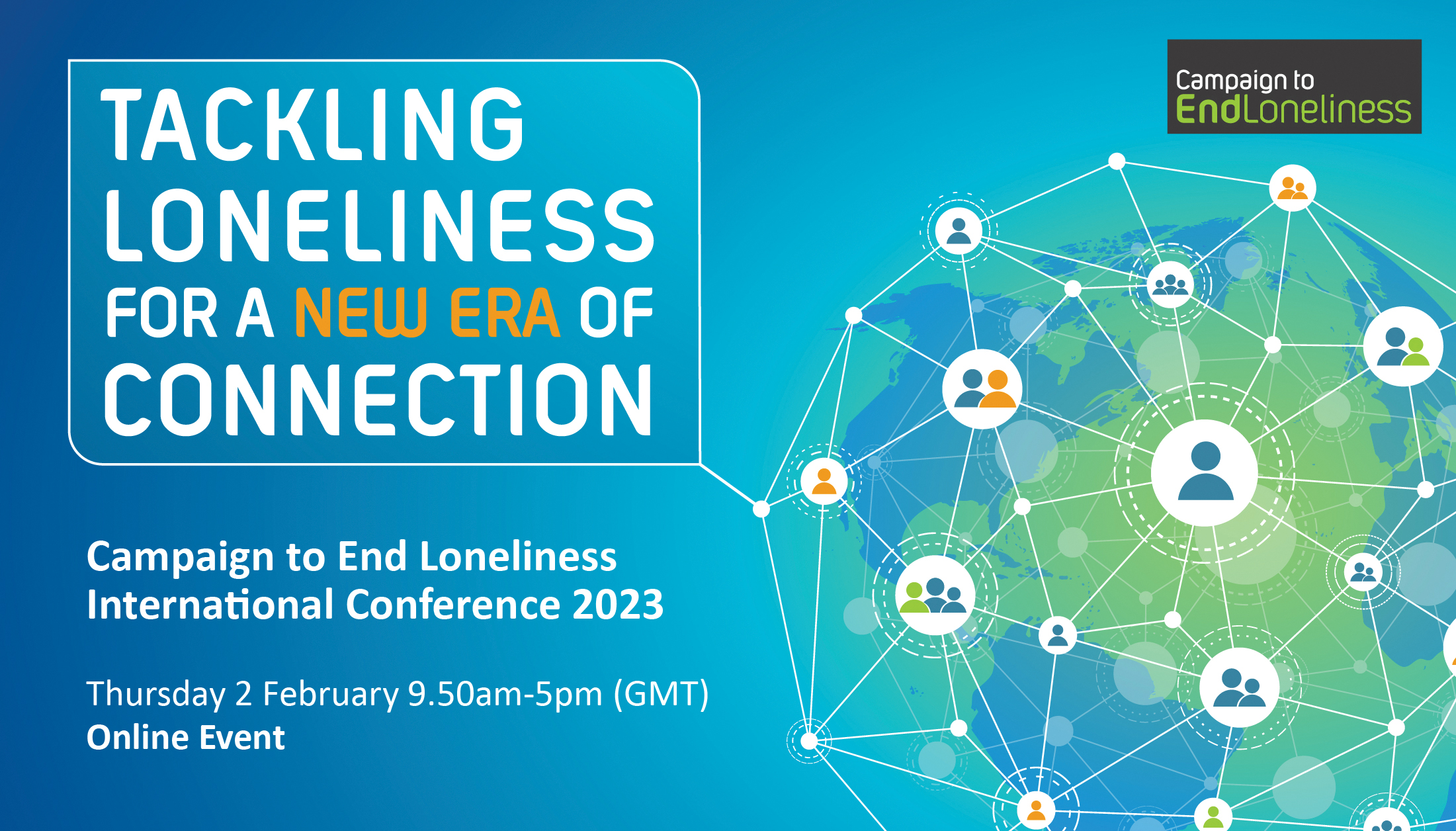[1] Campaign to End Loneliness, The State of Loneliness 2023: ONS Data on loneliness in Britain (2023).
[2] Valtorta et al., ‘Loneliness and social isolation as risk factors for coronary heart disease and stroke: systematic review and meta-analysis of longitudinal observational studies’, Heart 102 (2016) (pp. 1009-1016)
[3] A. Shankar, et al. “Social isolation and loneliness: Prospective associations with functional status in older adults.” Health psychology 36.2 (2017) (pp. 179-187), p.179.
[4] Wootton et al., ‘Bidirectional effects between loneliness, smoking and alcohol use’, Addiction 116.2 (2020) (pp.400-406).
[5] DiMatteo, ‘Social Support and Patient Adherence to Medical Treatment: A Meta-Analysis’, Health Psychology 23.2 (2004) (pp.207-218).
[6] Holt-Lunstad, Smith, and Layton, ‘Social relationships and mortality risk: a meta-analytic review’, PLoS Medicine 7.7 (2010).
[7] J. Holt-Lunstad et al., ‘Loneliness and social isolation as risk factors for mortality: a meta-analytic review’, Perspectives on psychological science 10.2 (2015) (pp. 227-237)..
[8] Brown, Gallagher and Creaven, ‘Loneliness and acute stress reactivity: A systematic review of psychophysiological studies’, Psychophysiology 55.5 (2018).
[9] Hawkley, et al., ‘Loneliness predicts increased blood pressure: 5-year cross-lagged analyses in middle-aged and older adults’, Psychology and Aging 25.1 (2010), p.132.
[10] Kiecolt-Glaser, et al. ‘Psychosocial modifiers of immunocompetence in medical students’, Psychosom Med 46 (1984) (pp.7-14)
[11] Smith et al., ‘The association between loneliness, social isolation and inflammation: A systematic review and meta-analysis’, Neuroscience & Biobehavioural Reviews 112 (2020) (pp.519-541).
[12] Hackett, Hudson and Chilcot, ‘Loneliness and type 2 diabetes incidence: findings from the English Longitudinal Study of Ageing’, Diabetologia 63.11 (2020) (pp.2329-2338).
[13] Henriksen, Nilsen and Strandberg, ‘Loneliness increases the risk of type 2 diabetes: a 20 year follow-up – results from the HUNT study’, Diabetologia 66 (2023) (pp.82-92).
[14] Cacioppo et al., ‘Loneliness and health: Potential mechanisms’, Psychosomatic medicine 64.3 (2002) (pp.407-417).
[15] Gale, Westbury, and Cooper, ‘Social isolation and loneliness as risk factors for the progression of frailty: the English Longitudinal Study of Ageing’, Age and Ageing, 47.3 (2018) (pp. 392–397).
[16] Pourriyahi et al., ‘Loneliness: An Immunometabolic Syndrome’, International Journal of Environmental Research and Public Health 18.22 (2021).
[17] Baumgartner, Haupt and Case, ‘Chronic pain patients low in social connectedness report higher pain and need deeper pressure for pain relief’, Emotion (2023).
[18] Subramanian, Farahnik, and Mischley, ‘Synergy of pandemics-social isolation is associated with worsened Parkinson severity and quality of life’, npj Parkinson’s Disease 6.28 (2020)
[19] Mental Health Foundation. All the lonely people (2022), p.24.
[20] NHS Digital, Health Survey for England, 2021, Part 2 Loneliness and wellbeing (2023).
[21] Department for Digital, Culture, Media & Sport, Investigating factors associated with loneliness in adults in England (2022).
[22] O’Connell et al., ‘Recent developments: suicide in older people’, Bmj 329.7471 (2004) (pp.895-899).
[23] Cacioppo and Cacioppo, ‘Older adults reporting social isolation or loneliness show poorer cognitive function 4 years later’, Evidence-based nursing 17.2 (2014) (pp.59-60).
[24] Luchetti et al., ‘Loneliness is associated with risk of cognitive impairment in the Survey of Health, Ageing and Retirement in Europe’, Geriatric Psychiatry 35.7 (2020) (pp.794-801)
[25] Global Council on Brain Health, The brain and social connectedness: GCBH recommendations on social engagement and brain health (2017).Retrieved from www.GlobalCouncilOnBrainHealth.org.
[26] Department for Digital, Culture, Media & Sport, ‘Mental health and loneliness: the relationship across the life stages’ (2022).
[27] Christiansen et al., ‘Loneliness, social isolation, and healthcare utilization in the general population’, Health Psychology 42.2 (2023) (pp.63-72).
[27] Dreyer et al., ‘The association between living alone and health care utilisation in older adults: a retrospective cohort study of electronic health records from a London general practice’, BMC Geriatrics 18.1 (2018).
[28] Meisters et al., ‘Does Loneliness Have a Cost? A Population-Wide Study of the Association Between Loneliness and Healthcare Expenditure’, International Journal of Public Health 66 (2021)




